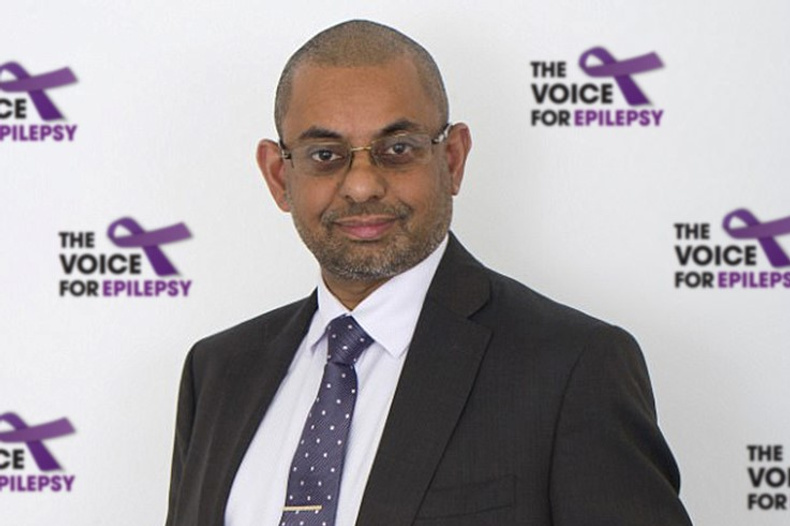We need to talk about epilepsy

Epilepsy still carries stigma. It's shrouded in mystery and misunderstanding; few people want to talk about it and worse, don't know how to react when someone nearby has a seizure.
When we consider that epilepsy affects people of all ages and races and more than 500,000 people in the UK currently have epilepsy, it's shocking to know that people still have shared misperceptions and misinformation surrounding epilepsy, inviting prejudice and stigma.
As the most common neurological disorder, seizures impact people in so many ways. Temporary behaviour, reduced mobility, movement abnormalities, heightened sensations or a loss of consciousness can induce workplace discrimination, depression, anxiety, social isolation, relationship issues and countless negative emotions which significantly reduce quality of life.
Affecting anyone, of any age, race, or gender at any time and from any walk of life, some people are so ashamed of the condition that they're reluctant to admit they suffer from it. Moreover, the sufferer can feel overwhelmed with little understanding or support when it comes to managing and living with the condition.
I was just 23 years old when I had my first seizure, and I went undiagnosed in hospital for nearly two weeks. Feeling distanced from the life I once enjoyed, I struggled to accept my new normal of hospital visits, ambulance rides, recovery from seizure-related injuries and memory loss. My personal best achievement is undoubtedly finding the strength to fight back and reclaim my life.
My biggest achievement is creating and founding registered UK charity The Voice for Epilepsy, which was founded to share lived experiences and help those living with epilepsy, by offering support and giving them a voice.
The stigma surrounding epilepsy is acute and has a great effect on quality of life - oftentimes far more than the condition itself. Some people are so ashamed and afraid of the resulting prejudice and discrimination that they're reluctant to tell anyone that they suffer from epilepsy. As such, by talking about it, educating the public, and raising awareness, my charity is starting to eliminate this attitude.
Our charity works tirelessly to educate, inform, and communicate with schools, communities, workplaces, and the public to spread awareness. Our main objectives are:
- Improve public awareness and understanding and eliminate stigma
- Educate the public on what to do and what not to do if someone has a seizure.
- Support sufferers as they come to terms with the condition
- Stamp out discrimination
- Reduce the impact on mental health, relationships, quality of life, employment, and education
The need to raise epilepsy awareness, tolerance and understanding is, perhaps, more important than ever before. Sufferers can become withdrawn and even experience suicidal thoughts. By raising awareness and promoting our cause, we can improve quality of life.
We hope to bring Epilepsy out of the shadows and tackle the stigma surrounding the condition, by raising a greater understanding of Epilepsy among the communities.
We hope to break down the barriers that prevent people from accessing the help anyone across the nation faces Epilepsy alone.
The Charity will benefit from changing the way society thinks, acts, and talks about Epilepsy.
"Together, we hope to make a significant difference to all those impacted by Epilepsy and to ensure that the community is aware of the signs, advice available and can access support when they need it."
The funds that we raise finance our crucial support services and the more people who hear about us, the more chance we have of maintaining and increasing our fundraising activities. Breaking down the barriers will bring valuable exposure, alongside boosting the morale of our ambassadors, volunteers, and followers, recognising our own input and expertise, and validating what we do.
